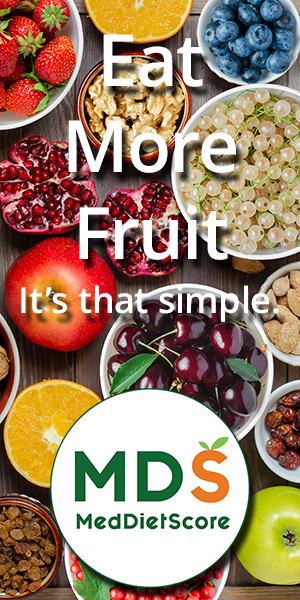Healthy Cooking Columns
Dietary Fat and the Risk of Alzheimer’s Disease
A very well designed study shows a clear connection between Alzheimer’s Disease and an increased intake of saturated and trans fat.
Certainly in the last few years it has become easier for consumers to know exactly what to do about their diets. It used to be that all fats were bad. We now know that there is more to it than this simple statement, and this research on Alzheimer’s is a good example of how the type of fat is the important factor in eating for good health.
You can make substantial changes in your risk of disease by eating less saturated fat and working to eliminate trans fats. Saturated fats are found in animal fats and eating lean meats can help you control your intake. Often it is saturated vegetable fats that have been created through hydrogenation that are a major source of saturated fat in many people’s diets. Hydrogenation also creates a high percentage of trans fats which is the other culprit in so many diseases.
Martha Morris and her colleagues (Arch Neurol 2003; 60:194-200) studied 815 senior citizens to evaluate the role diet might play in Alzheimer’s Disease. They found a clear correlation between diets high in saturated fat and trans fats and the risk of Alzheimer’s Disease. The results showed almost double the risk of Alzheimer’s dementia in those eating the most of these types of fats. They looked at other factors to see if these might change the results, and there was no difference based on cholesterol intake or the use of Vitamin E, Vitamin C or beta carotene. Interestingly, total fat didn’t matter—nor did whether the saturated fat was of animal origin.
Eating more fats from vegetable sources was protective against people in the study having Alzheimer’s, as was eating a higher proportion of polyunsaturated to saturated fats. Eating more polyunsaturated fats also appeared to blunt the risks of eating a higher percentage of trans fats.
Over the course of the last few years the picture has become clearer and clearer about how important your diet is to your health. Heart disease, stroke, Alzheimer’s, some types of cancers and diabetes are all associated with consumption of a diet high in calories, saturated fats and trans fats.
This does not mean that you can’t have fat. You have to. We know that fat is an essential part of a healthy diet. It’s also part of eating great food. Land animal protein (beef, chicken, pork, etc.) meat is OK once a week or so. You will find recipes on the Web site using butter but in measured, sparing amounts to add a buttery flavor. You will find richer cheeses alongside lower fat ones. And you will find a lot of great monounsaturated oils like olive oil.
You can eat well, eat healthy, lose weight and live better by making simple choices and changes in your recipes and ingredients.
Eat Healthy
Eating healthy is easy and less expensive than most people think.




